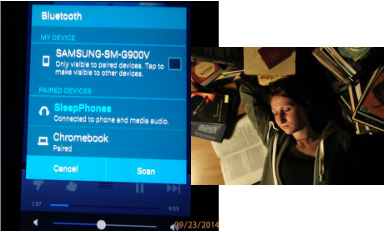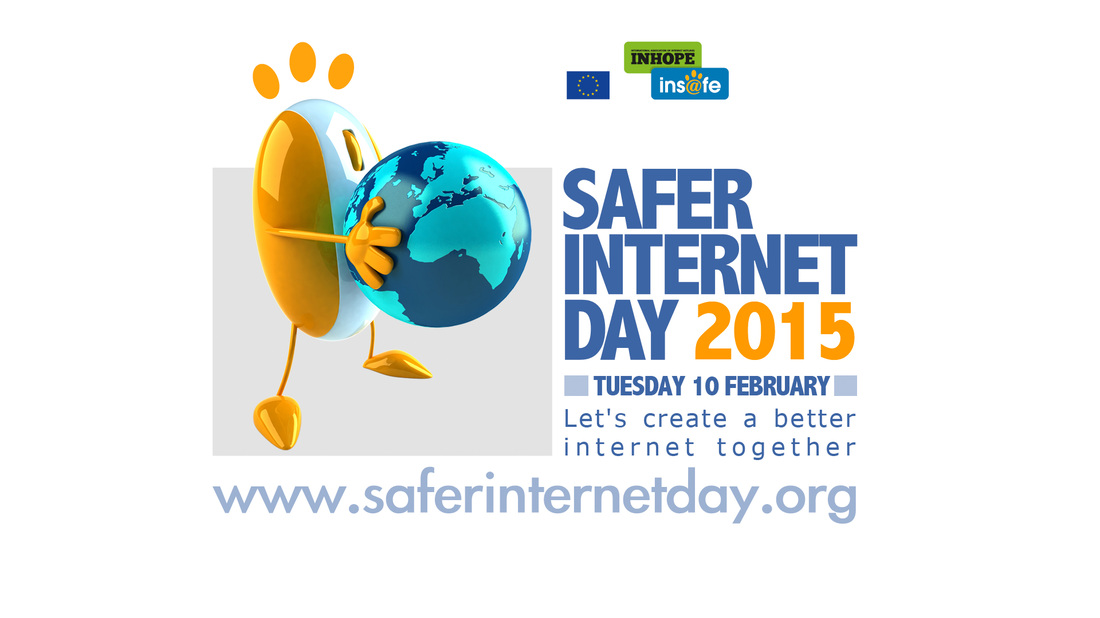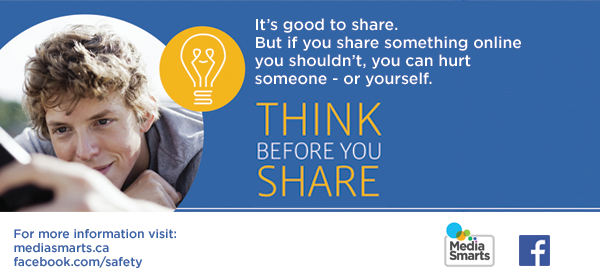
More than two hours of screen time after school was strongly linked to both delayed and shorter sleep. Almost all the teens from Norway said they used the devices shortly before going to bed.
Many said they often got less than five hours sleep a night, BMJ Open reports.
"Logging off may be one important step toward securing a good night's sleep”
Researcher Dr Mari Hysing
Sleep duration went steadily down as gadget use increased.
It may be that playing on electronic devices leaves teens with less time to do other things, including sleep, say the researchers - Dr Mari Hysing and colleagues at Uni Research Health, Bergen.
But it could be that screen time interferes with sleepiness. Staring at an illuminated screen at bedtime could send the wrong signals to our brain, disrupting our natural body clock making us more alert, they suggest. Dr Hysing said her findings had implications for the wider population as so many people use these devices.
"We know that sufficient sleep is essential for good physical and mental health. Logging off may be one important step toward securing a good night's sleep."
Prof Russell Foster, an expert in sleep and neuroscience at the University of Oxford, said: "This is an important study as it provides empirical evidence that the use of electronic devices before bed does indeed reduce sleep duration." He said teenagers should be warned of this.
More than half of all teenagers may be sleep deprived, according to experts. A combination of natural hormone changes and greater use of screen-based technology means many are not getting enough sleep. Research has suggested teenagers need nine hours' sleep to function properly.
"Sleep is fundamentally important but despite this it's been largely ignored as part of our biology," said Russell Foster, Professor of Circadian Neuroscience at Oxford University.
"Within the context of teenagers, here we have a classic example where sleep could enhance enormously the quality of life and, indeed, the educational performance of our young people.
"Yet they're given no instruction about the importance of sleep and sleep is a victim to the many other demands that are being made of them."
The increasing use of screen-based technology is in part blamed for disrupting sleep
"If it's a game that will save easily I'll go to bed when my mum says, 'OK you should probably get some rest', but if it's a game where you have to go to a certain point to save I'll be like, 'five more minutes!' and then an hour later 'five more minutes!', and it does mess up your sleeping pattern.
"For me it takes me about an hour to get to sleep and I'm lying there staring into nothing thinking 'I'm going to play THAT part of the game tomorrow and I'm going to play THAT part of the game the next day."
The data that's emerging suggests that these computer screens and gaming devices may well have a big effect in increasing levels of alertness”
Prof Russell Foster : Oxford University
"The great problem with teenagers is that you're not only biologically programmed to go to bed late and get up late, but there's also many attractions like gaming and Facebook and texting and many teenagers are doing this into the early hours of the morning and delaying sleep even further."
Psychologist Jane Ansell set up the charity Sleep Scotland to help children with special needs establish good sleeping patterns. However an increasing amount of the charity's workload is now spent working in mainstream schools with teenagers. "People were being sent to me and were generally being diagnosed with Aspergers, and a lot were being diagnosed as ADHD," she said.
"I felt the first thing we had to do was to work out a sleep programme for them so that they weren't sleep deprived. Once they weren't sleep deprived, some no longer had ADHD symptoms because the symptoms of hyperactivity and sleep deprivation are pretty similar. "I'm not saying they were all free of ADHD but it is a common mistake."
Her Pilot studies in three Scottish schools suggested 52% of teenagers were sleep deprived, and about 20% reported falling asleep in class at least once in the last two weeks.
While many teenagers have received exam grades over the summer, Ms Ansell said most of them did not realise that a healthy sleeping pattern could have improved their performance. She added: "We have probably not understood how important sleep is. "It affects your growth, and especially things like memory consolidation.
"If you don't have enough sleep your short term memory doesn't consolidate into your long term memory which is going to affect your school grades." Psychologist Jane Ansell
10 tips to beat insomnia
- Keep regular hours
- Create a restful sleeping environment - keep it as quiet and dark as possible, neither too hot nor too cold
- Make sure that your bed is comfortable
- Exercise regularly
- Cut down on stimulants such as caffeine in tea or coffee, especially in the evening
- Don't overindulge - too much food or alcohol can interrupt sleep patterns
- Don't smoke - smokers often have a more disrupted sleep.
- Try to relax before going to bed
- Deal with worries or a heavy workload by making lists of things to be tackled the next day
- If you can't sleep, get up and do something you find relaxing until you feel sleepy again, then return to bed
Resources:
http://www.wsaw.com/home/headlines/Cellphone-iPad-May-Harm-Childrens-Sleep-Pattern-290683331.html
http://www.webmd.com/sleep-disorders/news/20150203/electronic-devices-may-disrupt-teen-sleep-study-reports
http://www.bbc.com/news/uk-scotland-23811690
http://www.bbc.com/news/health-31089014
http://www.bbc.com/news/magazine-27661394
https://www.google.ca/search?hl=en&q=effects+of+sleep+deprivation+on+teenagers&revid=318058756&sa=X&ei=uPnTVKidDta1oQS6vIKICg&ved=0CFMQ1QIoBA


 RSS Feed
RSS Feed
